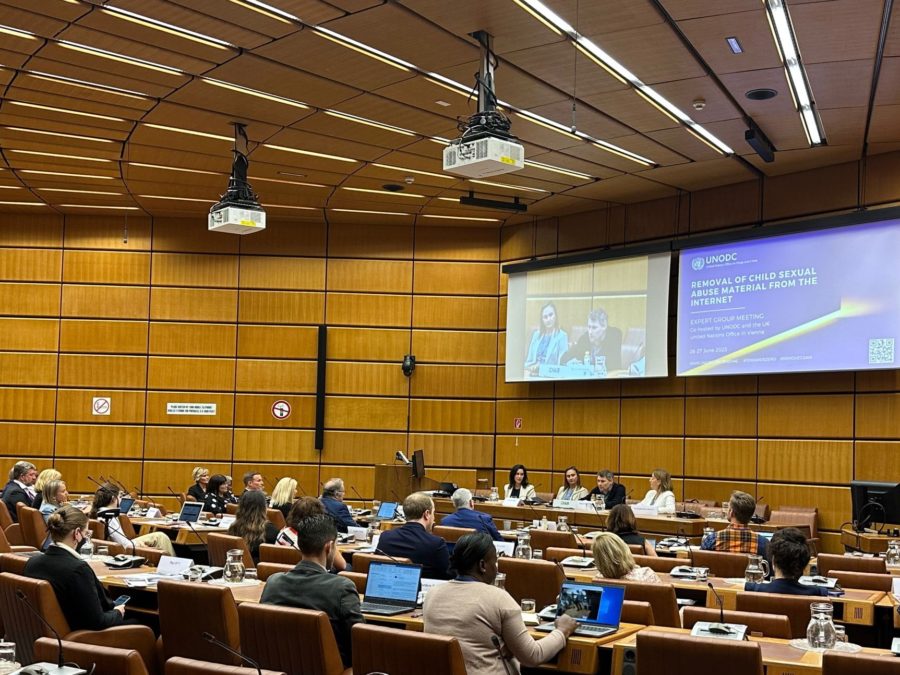All governments have a responsibility to keep children safe, online and offline. I feel passionately about using diplomacy to protect human rights. I was shocked to learn that the US National Center for Missing & Exploited Children cyber-Tipline received more 32 million reports of suspected child sexual exploitation and abuse. The number is staggering. And the trauma caused is incomprehensible.
The impact on victims and survivors is long-lasting; it causes shame, stigma and suffering.
We need to act on this: but governments can’t respond alone. It needs a cohesive and joined up approach through strong partnerships from the public and private sectors. Internet service providers and social media platforms bear a huge responsibility – but so do, for example, financial institutions who are lending money to companies who allow materials on their websites.
The problem isn’t new, of course, and the UK has been working on this issue for a long time. Other countries are interested in the way that the UK is legislating on this important issue in the groundbreaking Online Safety Bill. And last year, my team led a UN resolution calling on the private sector to do more, which was agreed by consensus here in Vienna.
One year on, we have continued this work.
The UN Office on Drugs and Crime (UNODC) in Vienna organised a two-day event, supported by the UK, together with governments, companies and key actors to remove online materials. The outcome was overwhelmingly positive: on 28 June, 71 countries agreed a joint call to action urging the removal of online Child Sexual Abuse Materials (CSAM).
You can read the call to action here, but to summarise we agreed that we need three things:
- To facilitate a dialogue between governments and providers to ensure a joined-up and effective response to removing CSAM and protecting children.
- Effective data-sharing systems to detect, report and remove materials, including images and videos of child sexual exploitation and abuse.
- Greater public awareness of the issue and that the production and distribution of such materials puts more children at risk by normalizing it and, horrifically, fuelling the demand.
This is a step in the right direction, but now the real work starts. What I can say is that it was inspiring to see colleagues from every region of the world coming together on this important issue. A good reminder that despite challenging geopolitics, the UN can still bring countries together to make a difference.
I also want to name-check UNODC for their tireless efforts and continued support, as well as the NGOs and private companies who are tackling the issue every day. We have a long way to go but with this supportive group of countries and organisations, I am confident we can make the internet safer for our children and young people.
More information:
- Press release: 71 countries call to remove child sexual abuse materials
- Call to action statement by the 71 countries
- UNODC Global Programme to End Violence Against Children
If you are interested in finding out more, please get in touch here.

